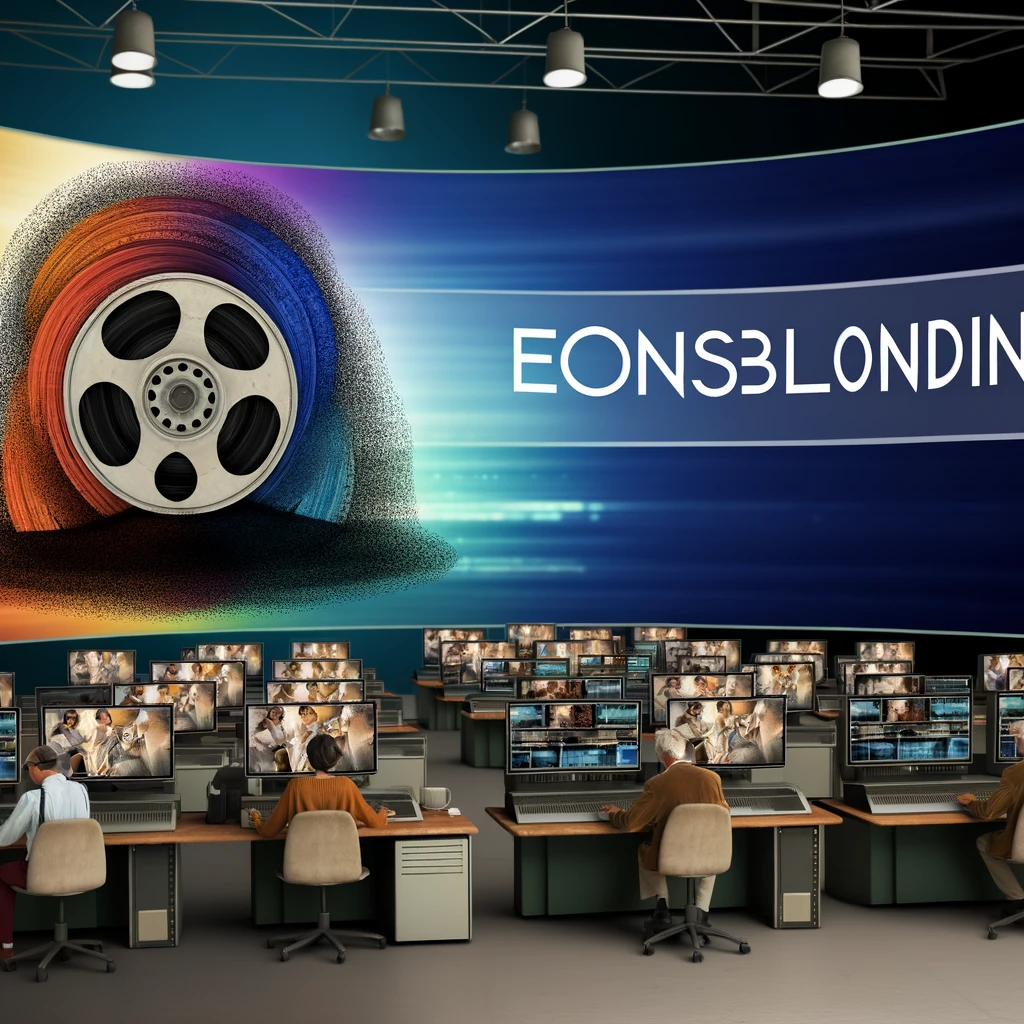
Interactive Storytelling: Video Games as Narrative Pioneers
In the evolving landscape of digital entertainment, video games have emerged as a significant medium for storytelling. Unlike traditional narratives, which offer a linear progression of events, video games provide interactive storytelling experiences that engage players on a deeper level. This article explores how video games are pioneering new narrative techniques and reshaping how stories are told.
The Evolution of Storytelling in Video Games
The journey of storytelling in video games has been transformative. Early games, such as Pong and Space Invaders, prioritized gameplay mechanics over narrative depth. However, as technology advanced, so too did the capacity for intricate storytelling. Titles like The Legend of Zelda and Final Fantasy introduced players to complex characters and immersive worlds. Today, games like The Last of Us and Red Dead Redemption 2 showcase how video games have become sophisticated narrative platforms.
Interactive Storytelling: A Unique Medium
Video games offer a unique storytelling medium due to their interactive nature. Unlike movies or books, video games require player engagement and decision-making, making the player an active participant in the narrative. This interactivity allows for multiple story outcomes and personalized experiences, which can lead to increased emotional investment and a deeper connection to the story.
Player Agency and Narrative Impact
Player agency is a crucial element of interactive storytelling. Games like Mass Effect and The Witcher series exemplify how player choices can influence the direction and outcome of the story. This agency empowers players to make decisions that affect the narrative's trajectory, creating a sense of ownership and personal relevance in the storytelling experience.
Technological Advancements and Narrative Innovation
Technological advancements have significantly enhanced the storytelling capabilities of video games. High-definition graphics, realistic physics engines, and advanced AI have allowed for more immersive and believable worlds. Virtual reality (VR) and augmented reality (AR) are pushing the boundaries even further, offering new possibilities for storytelling by immersing players in 360-degree environments where they can explore and interact with the narrative in unprecedented ways.
The Impact of Video Game Storytelling on Other Media
As video games continue to evolve, they influence other storytelling mediums. Filmmakers and authors are beginning to incorporate elements of interactivity and player choice into their work. Netflix's interactive film Bandersnatch and other similar projects demonstrate how video game storytelling techniques are crossing over into other forms of media, exploring new ways to engage audiences.
The Future of Interactive Storytelling
Looking ahead, the future of interactive storytelling in video games is bright. As technology continues to advance, the potential for even more engaging and immersive stories grows. Developers are exploring innovative ways to integrate AI-driven narratives, where storylines adapt in real-time based on player actions, creating a dynamic storytelling experience.
In conclusion, video games have established themselves as powerful narrative pioneers, combining technological innovation with creative storytelling. As this medium continues to evolve, it promises to expand the boundaries of how stories can be told, offering players a unique and interactive way to experience narratives.
Related Articles





